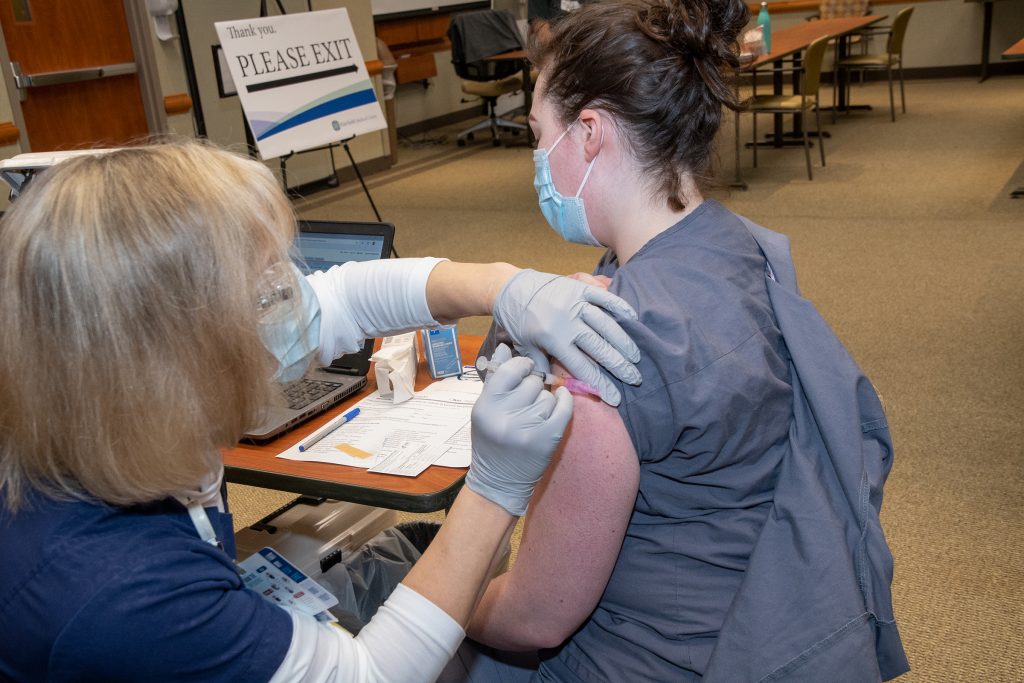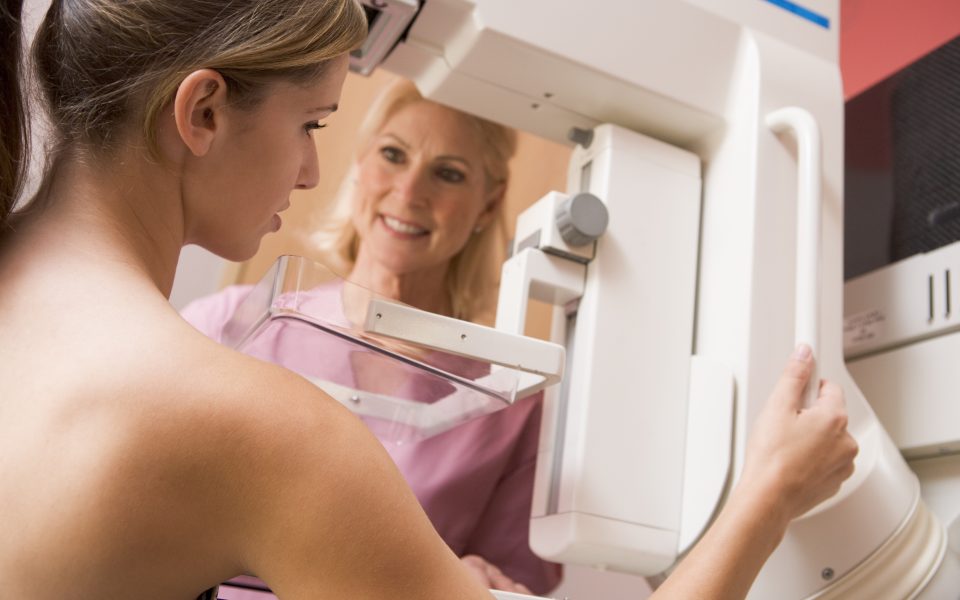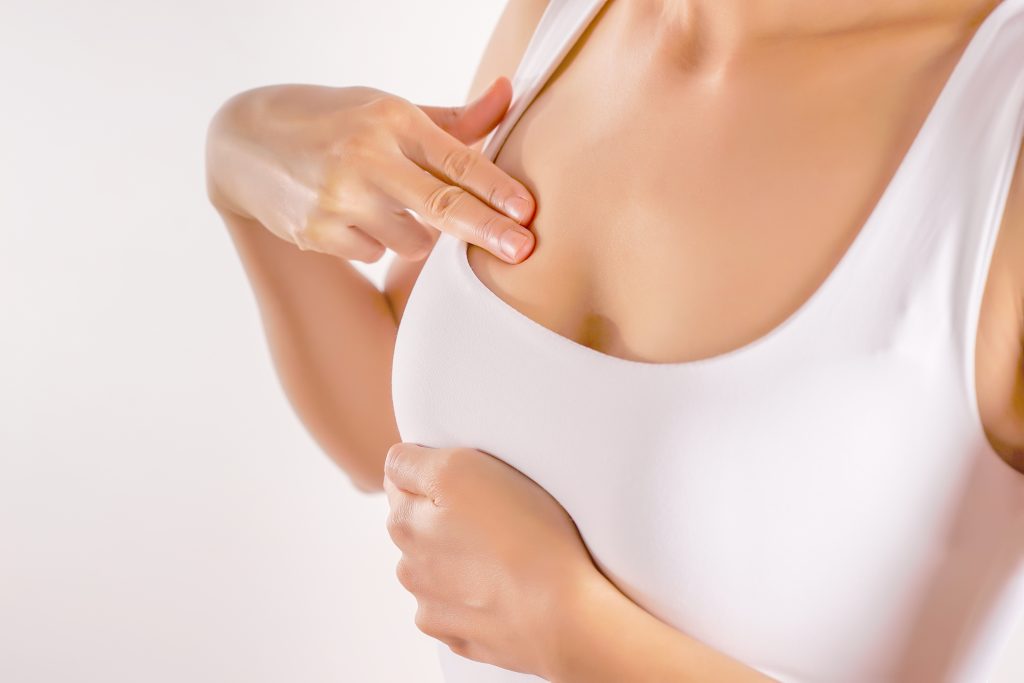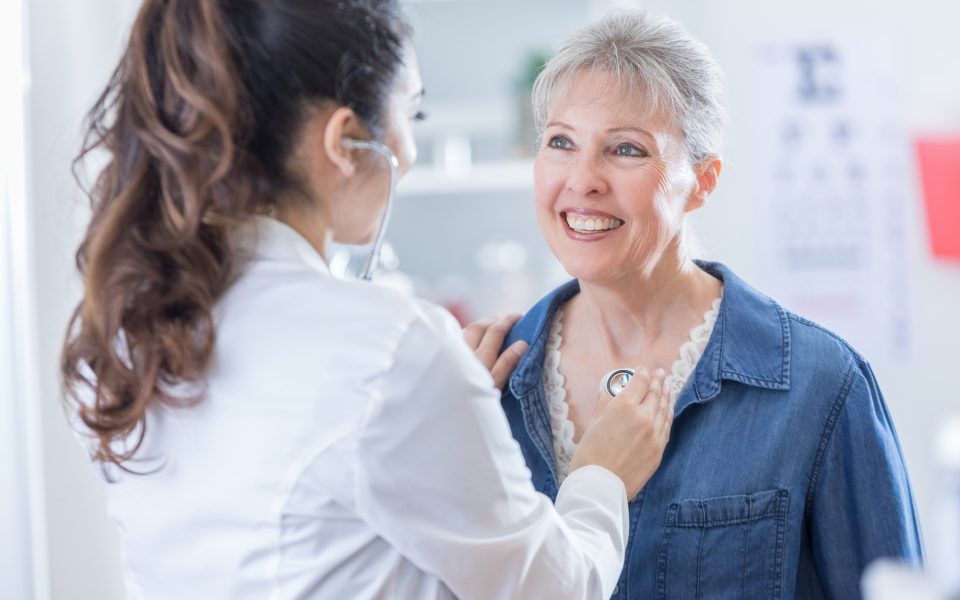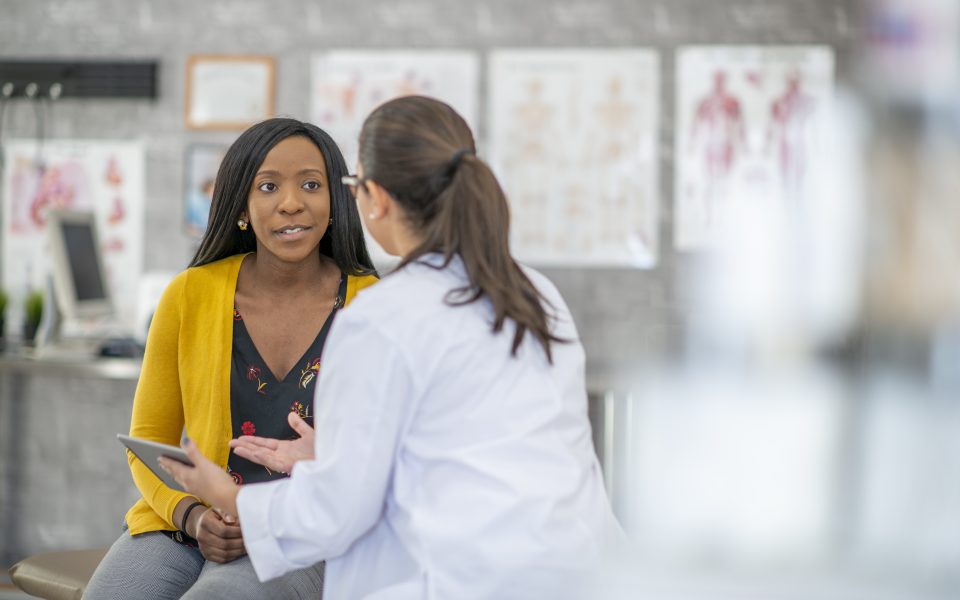Lifelong Breast Health Starts Here
 As a woman, you know that taking care of yourself is important, but often your health gets lost in the business of every day life. We are here to remind you that regular breast exams are the best way to prevent and detect future problems – like breast cancer.
As a woman, you know that taking care of yourself is important, but often your health gets lost in the business of every day life. We are here to remind you that regular breast exams are the best way to prevent and detect future problems – like breast cancer.
Regular mammograms increase the chance of catching breast cancer sooner, improve overall breast cancer survival rates, and give your healthcare provider a baseline to monitor for issues. Experts recommend that any woman age 40 or older should be receiving an annual mammogram.
Though it is rare, men can also develop breast cancer. If you are a male and have noticed changes in your breasts, speak to your healthcare provider.
For more information on mammograms or to schedule your mammogram appointment, contact Central Scheduling at 740-687-8666.
If you are scheduled for a mammogram within 4-6 weeks after receiving your second dose of the COVID-19 vaccine, speak with your healthcare provider or contact FMC’s women’s health nurse navigator at 740-687-2727.
